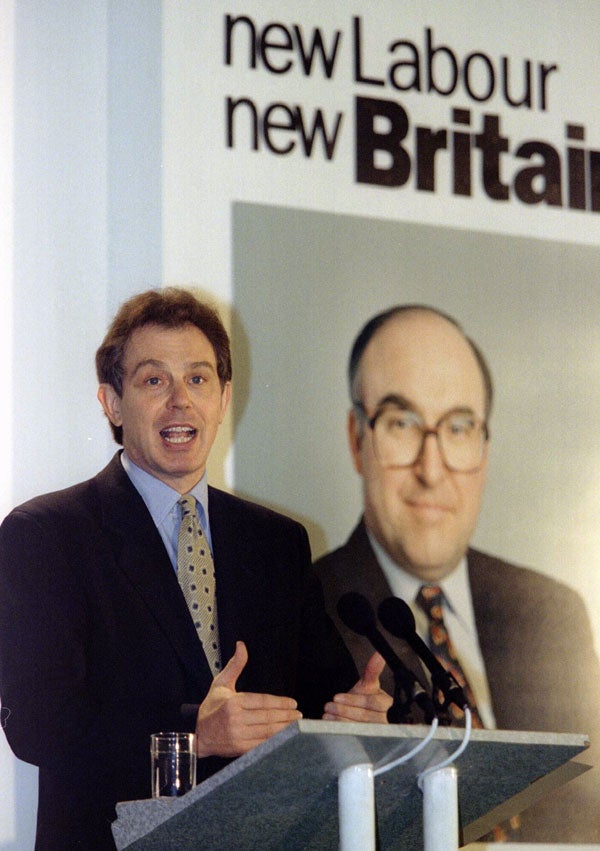The Prime Ministers Who Never Were, Edited by Francis Beckett

Your support helps us to tell the story
From reproductive rights to climate change to Big Tech, The Independent is on the ground when the story is developing. Whether it's investigating the financials of Elon Musk's pro-Trump PAC or producing our latest documentary, 'The A Word', which shines a light on the American women fighting for reproductive rights, we know how important it is to parse out the facts from the messaging.
At such a critical moment in US history, we need reporters on the ground. Your donation allows us to keep sending journalists to speak to both sides of the story.
The Independent is trusted by Americans across the entire political spectrum. And unlike many other quality news outlets, we choose not to lock Americans out of our reporting and analysis with paywalls. We believe quality journalism should be available to everyone, paid for by those who can afford it.
Your support makes all the difference.When I was taught history we were told by our headmaster, no less, not to waste time on what he called "the what ifs of history". He reckoned that it was no good asking what would have happened if Anne Boleyn had agreed to sleep with Henry VIII out of wedlock, or if the plot to kill Hitler had succeeded, because no one knows and it is all idle speculation.
Counterfactual history has gained in academic respectability since those days. People do not now generally believe that history is determined by iron laws. Choice and chance play a part. The latest contribution to the parlour game of "what if" is an entertaining collection of 14 short, virtual biographies by 14 authors of politicians who might have been Prime Minister but never were. They range in time from JR Clynes to David Miliband, and politically from Michael Foot to Oswald Mosley.
The skill is to start with the known facts up to a seminal moment in the subject's life, and then set off on a new direction to construct a story as believable as the truth. Done well, this exercise can be illuminating. Overdone, it gets silly. Hugh Purcell, producer of the BBC series Roads to War, carefully avoids making heavy demands on credulity as he tackles one of the truly decisive moments in recent British history, when Neville Chamberlain resigned in 1940.
In this counterfactual version of events, the King and the Conservative establishment got their way, and Lord Halifax, not the wayward Winston Churchill, was appointed PM, with the intention of trying one more time to come to an accommodation with Hitler. Purcell's hypothesis is that even if this plausible scenario had come to pass, its impact on history would have been minimal, because the patriotic fervour that swept the country after the evacuation of Dunkirk would have driven Halifax out of office.
By contrast, the former Labour MP, Phil Woolas, has penned a virtual biography of JR Clynes which begins with the not improbable idea that he beat Ramsay MacDonald to the leadership of the Labour Party in 1922. It soars from there into a fantasy in which Clynes's understated political skills steered the Labour Party to outright victory in the general elections of 1924 and 1929, introduced AV into the voting system and averted the rise of the Nazis. Wow!
Some of these essays are simply written for fun, others have a political message; an account of how Sir Oswald Mosley became the Labour PM in 1945 has him resigning in a sulk because he is prevented from introducing AV.
The editor, Francis Beckett, has composed a story with the deliberate intent of winding up the Blairite wing by imagining that John Smith did not die of heart attack in 1994, but went on to be a better PM than Tony Blair would have been. As Smith's biographer, I broadly agree. The final essay by his son, Peter Beckett, is written with similar intent. It assumes that David Miliband ran against and beat Gordon Brown to the Labour leadership in 2007, called the snap election that many think Brown should have called, and governed in unhappy coalition with the LibDems until it all fell apart and he was forced to hold a 2010 election.
Join our commenting forum
Join thought-provoking conversations, follow other Independent readers and see their replies
Comments